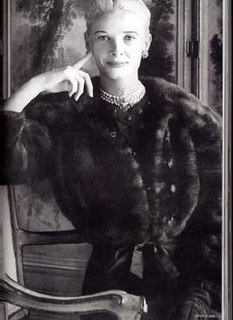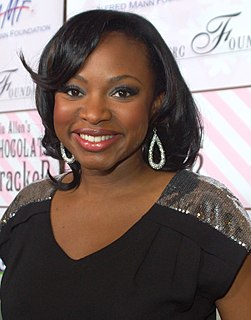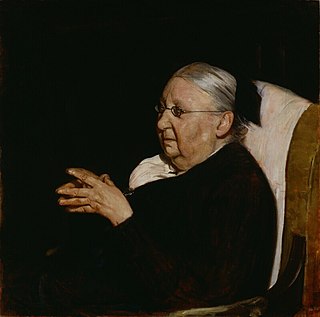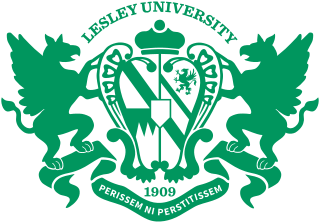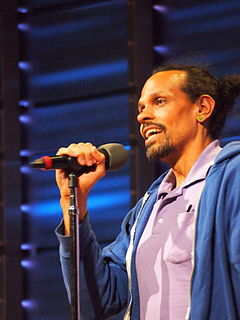A Quote by C. Z. Guest
Related Quotes
The cognitive therapy that takes place in the film Antichrist is a form of therapy that I have used for some time, and it has to do with confronting your fears. I would say that especially the part of the film that has to do with therapy is humoristic because people who know about this form of therapy would know that the character is more than a fool.
He even knew the reason why: because enough men had gone off to war saying the time for gardening was when the war was over; whereas there must be men to stay behind and keep gardening alive, or at least the idea of gardening; because once that cord was broken, the earth would grow hard and forget her children. That was why.
I have a strong antipathy to everything connected with gardens, gardening and gardeners. . . . Gardening seems to me a kind of admission of defeat. . . . Man was made for better things than pruning his rose trees. The state of mind of the confirmed gardener seems to me as reprehensible as that of the confirmed alcoholic. Both have capitulated to the world. Both have become lotus eaters and drifters.
Focusing-Oriented Art Therapy is a major contribution to art therapy literature and practice. Laury Rappaport introduces a contemplative method and philosophy grounded in the body's felt-sense of experience and its innate and largely unrecognized wisdom. This intellectually provocative, yet thoroughly practical text, establishes Rappaport as an emergent leader in the art therapy world and author of a book that every student and art therapist must read in order to appreciate the depth and breadth of our discipline.
To the best of my knowledge, every acute inpatient ward offers some inpatient group therapy experience. Indeed, the evidence supporting the efficacy of group therapy, and the prevailing sentiment of the mental health profession, are sufficiently strong that it would be difficult to defend the adequacy of the inpatient unit that attempted to operate without a small group program.
